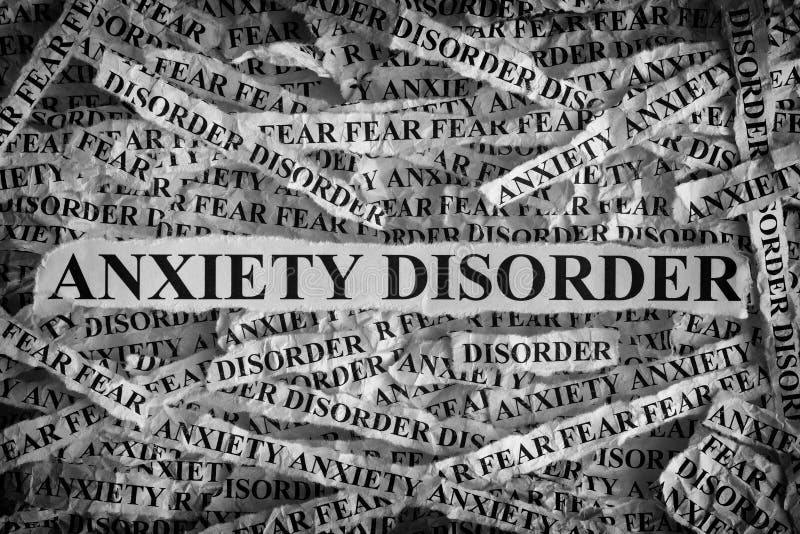
Hello everyone! :) I hope everyone is well and has had a great weekend.Today's blog post it about " Understanding different types of anxiety".
It is not uncommon that every person will experience some kind of anxiety in their life , however there is a difference between experiencing anxiety and living with anxiety. When you are living with anxiety ,it is something you face everyday and is usually a life long disorder you will have to cope with throughout your life. Some people are diagnosed very young and some people may be diagnosed later on in life with an anxiety disorder , in my case I was 8 years old and was having counselling with CAMHS ( Child Adolescent Mental Health Service ) .
When you are living with anxiety not every person with an anxiety disorder with experience the same anxiety and symptoms you will experience , each person is different.
The 5 most common types of anxiety disorders are Generalized Anxiety , Obsessive Compulsive Disorder , Panic Disorder , Post Traumatic Stress Disorder and Social Phobia / Social Anxiety Disorder. Each of these 5 disorders can link into each other depending on the person and how they cope with there personal circumstances , for example I have generalized anxiety but I also suffer with social anxiety and panic disorder , Where as somebody else who suffers with an anxiety disorder might only suffer with OCD ( Obsessive compulsive Disorder ).

Generalized Anxiety - Generalized anxiety is characterized by excessive and exaggerated worry or concern about most things in that person's life which may be very little to worry about , but because of there anxiety disorder there worries are hugely emphasized more than they should be even when things have not occurred yet or may not occur at all the worry is still there constantly.
OCD ( Obsessive Compulsive Disorder ) - Obsessive compulsive disorder is when a person's unwanted thoughts becomes obsessive and there behavior becomes repetitive. People who suffer with OCD normally have obsessive behavior with things such as washing , counting , checking , cleaning. This usually will cause a lot of anxiety for the individual until the task is done , however does not get rid of anxiety but gives the individual a sense of temporary relief.
Panic Disorder - Panic disorder is another type of anxiety disorder where a person's anxiety can become present unexpectedly which can then duplicate there feeling of fear which will often result in a panic attack. The individual may experience physical symptoms such as chest pain , heart palpitations , shortness of breath , dizziness and abdominal pain.
PTSD ( Post - Traumatic Stress Disorder ) - PTSD is an anxiety disorder that develops after a traumatic event has occurred or a person may have experienced such a been threaten or harmed / assaulted ,natural or human caused tragedies and accidents. The person suffering from PTSD might experience flash backs or bad dreams of there trauma and may experience physical symptoms.
Social Phobia - Social Phobia is when a person is overwhelmed with anxiety in everyday social situations. The individual can become fearful of been in social situations because of there anxiety and can often make the person want to avoid being in a social environment which could often make the individual hide away from society . The individual may feel very self-conscious in front of other people and worried about feeling humiliated, embarrassed, or rejected, or fearful of offending others. They may also have a hard time speaking to others and making friends.
Physical Symptoms A Sufferer Of Anxiety May feel
- nervousness, restlessness, or being tense
- feelings of danger, panic, or dread
- rapid heart rate
- rapid breathing, or hyperventilation
- increased or heavy sweating
- trembling or muscle twitching
- weakness and lethargy
- difficulty focusing or thinking clearly about anything other than the thing you’re worried about
- insomnia
- digestive or gastrointestinal problems, such as gas, constipation, or diarrhea
- a strong desire to avoid the things that trigger your anxiety
- performing certain behaviors over and over again
- palpitations
- sweating
- shaking or trembling
- feeling shortness of breath or smothering
- sensation of choking
- chest pains or tightness
- nausea or gastrointestinal problems
- dizziness, light-headedness, or feeling faint
- feeling hot or cold
- numbness or tingling sensations
- feeling detached from oneself or reality
- fear of “going crazy” or losing control
- fear of dying
If you are struggling to cope with anxiety disorder take a look at the following sites below for support :
https://www.anxietyuk.org.uk/
http://www.sane.org.uk/home
https://www.nopanic.org.uk/
https://turn2me.org/page/anxiety-disorder-guide
https://www.mind.org.uk/
Thank you for reading :)
Love Ava
xox





